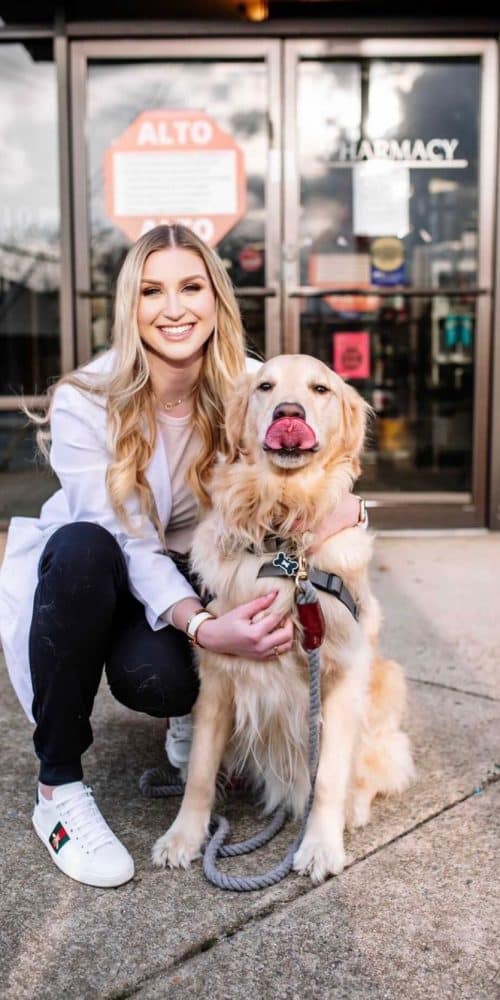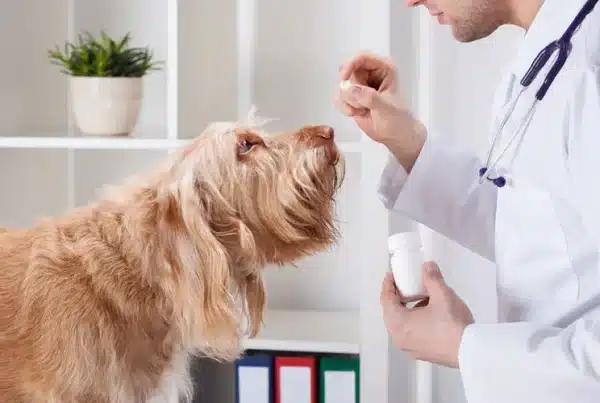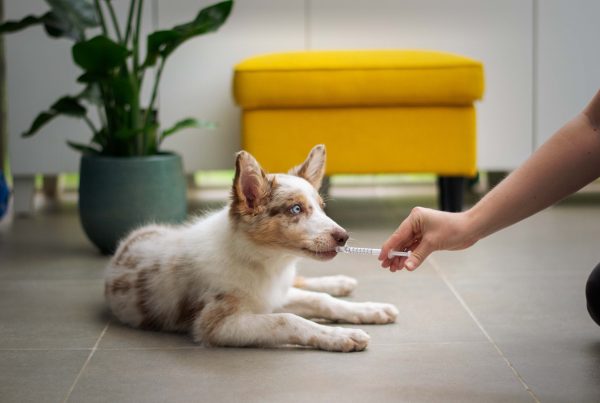What is veterinary?
Veterinary is the medical profession that relates to the diseases, injuries, and treatments of animals. Veterinarians are the doctors of those animals. A veterinarian diagnoses and controls animal diseases, treats sick and injured animals, prevents the transmission of animal diseases to humans, and advises owners on proper care of pets and livestock. It is also known that veterinarians ensure a safe food supply by maintaining the health of food animals. Sometimes, a vet may be involved in wildlife preservation and conservation as well as the public health of the human population.
What are a veterinarian’s duties?
A veterinarian’s duties may include:
- diagnosing animal health problems
- vaccinating against diseases
- medicating animals suffering from diseases or illnesses
- treating and dressing wounds
- setting fractures
- performing minor or complex surgeries
- advising owners about animal feeding, behavior, and breeding
- euthanizing animals
- providing preventative care to maintain animal health
- performing diagnostic tests
- testing for diseases or medical issues
- helping an animal give birth
Vet’s have the important role of discovering any issues with an animal without the animal telling what is wrong. Information is gathered from the owner, the animals behavior, and any tests administered. From there, the vet will decide what further steps to take.
What are the different types of veterinarians?
Companion Animal Veterinarians
This is the most common type of vet, specializing in typical pets such as dogs, cats, or small animals. These types of vets are called general practitioners and provide most types of care, including medical and surgical services, diagnostics, and treatments.
Veterinary Specialists
Veterinarians can choose to specialize in over 20 different fields of study, including dentistry, canine/feline, pathology, equine, and more. These vets undergo advanced training in post-veterinary school programs.
Exotic Animal Veterinarians
These vets have special interest and training in exotic animals, like birds, reptiles, and amphibians. Typically working in a zoo or wildlife center, exotic animal vets undergo extra, specialized training.
Livestock, Food, & Large Animal Veterinarians
Trained to meet the needs of farm animals such as cattle, sheep, pigs, horses, etc., most veterinarians travel around to the farms rather than the animals coming to the practice.
Laboratory/Research Veterinarians
There are some veterinarians that are not as visible to the public eye, working in areas like infectious diseases, pathology, animal feed production, and research.
What compounds does Preston’s Pharmacy make for pets?
Compounded medication for animals include:
- antibiotics
- anticonvulsants
- anti-fungals
- anxiety
- coughing
- GI issues
- hypertension
- kidney production
- pain
- steroids
- thyroid
- urinary issues
- nausea
At Prestons’ Pharmacy, we are committed to providing your four-legged loved ones with healthcare that you can trust.
We can compound any of our prescriptions in the following formulations: treats, capsules, tiny tabs, transdermal (inner ear pinnae), topical and oral suspensions
We are also able to add different kinds of animal friendly flavoring agents to any dosage forms for easier administration. These flavors include: tuna, chicken, beef, apple, marshmallow, raspberry, and more.







